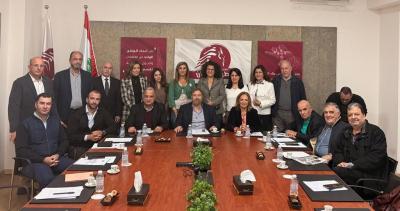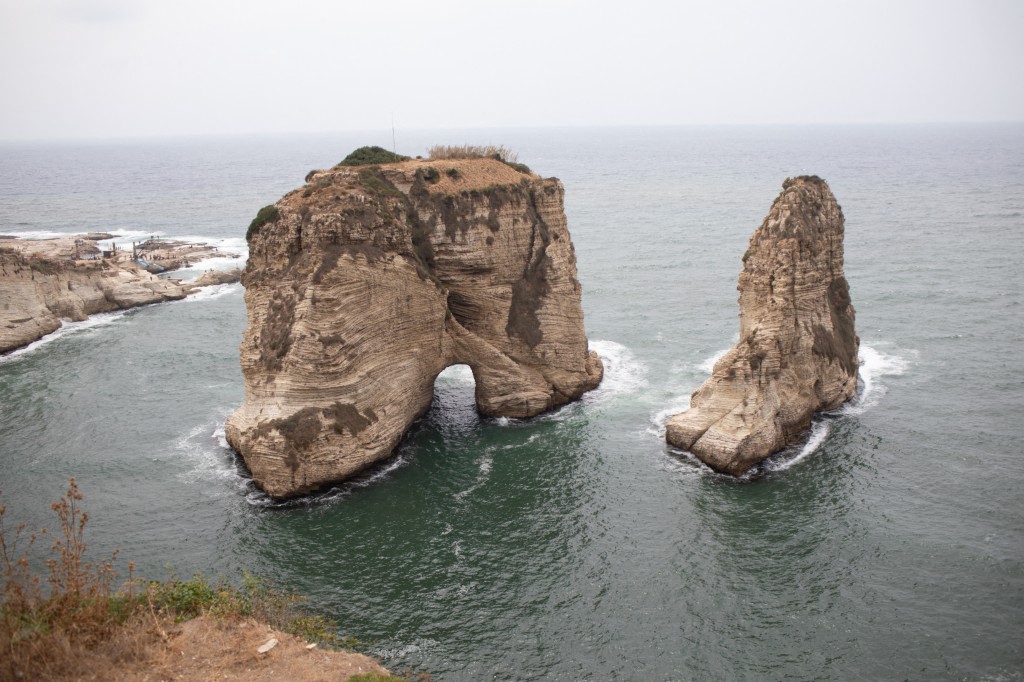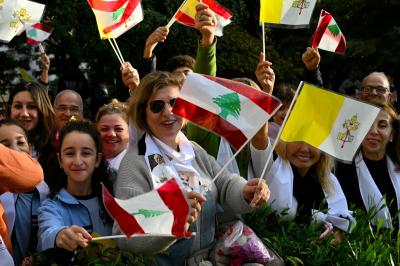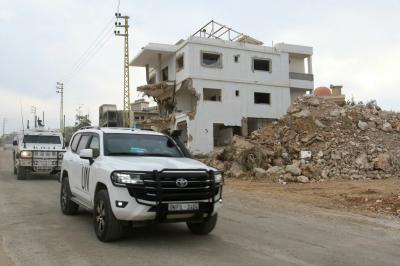Tourism has long been a cornerstone of the Lebanese economy, contributing significantly to GDP growth, boosting revenues, injecting foreign currency into the market, attracting investment, and generating job opportunities. Lebanon’s rich human and natural resources, vibrant nightlife, and artistic and cultural life make it a diverse destination for archaeological, heritage, ecological, religious, and wellness tourism.
Despite Lebanon's many wars, incidents, and crises, the tourism sector has shown resilience, holding out hope for stability and prosperity. Security and political stability remain the foundation. As for marketing and promotion, Lebanese creativity and innovation have proven more than capable. Regarding infrastructure, the private sector has often stepped in to compensate for the state's shortcomings.
However, with the emergence of Hezbollah as a powerful actor in Lebanese life, armed with its religious ideology and political agenda, several areas have effectively dropped off the country’s traditional tourism map. In their place, Hezbollah introduced a new kind of tourism: "jihadist tourism." One of the most prominent examples is the "Mleeta Landmark for Jihadist Tourism and Armed Struggle," inaugurated in the south in 2010. Plans were also laid in 2022 for a similar landmark in Janta, in the Bekaa Valley.
According to Hezbollah MP Mohammad Raad, nightlife and beach going are considered mere indulgences by a segment of the Lebanese population. In a sermon delivered during Ashura on November 12, 2013, he clearly outlined his party’s vision for tourism, saying: “This is the era of resistance… Lebanon’s true face today is that of resistance. The real essence of Lebanon is that of resistance… Before the resistance, we looked at the global map and Lebanon was invisible—too small, with no role. It was a land of nightclubs, shady deals, service-based corruption, and money laundering. That was Lebanon. Now, a new Lebanon must be built, one that aligns with the existence of the resistance.”
Multiple incidents have illustrated Hezbollah’s stance on music, dance, and the arts. For instance, Al-Manar TV refused to broadcast a nationally unifying concert by the Lebanese Philharmonic Orchestra on Sunday, July 5, 2020, held on the steps of the Temple of Bacchus in Baalbek under the banner “The Sound of Resilience.” Hezbollah also prohibited the playing of songs by iconic Lebanese singer Fairouz at the Lebanese University’s Hadath campus and banned the traditional dabkeh dance in the town of Zawtar, among other cultural restrictions. Additionally, bans on alcohol and mixed-gender swimming in areas under Hezbollah’s control have sharply limited tourism in its strongholds, including historic Baalbek.
These practices have effectively “federalized” tourism in Lebanon in recent years. De facto, each region now follows its own unwritten rules—some fostering traditional tourism, others favoring “jihadist tourism.”
Now, with a possible shift in the political landscape and renewed discussions around restoring full state authority over all Lebanese territory, a critical question arises: When will the state assert itself by enforcing national laws that guarantee freedom of belief and expression, and prevent any group from imposing its ideology in areas it dominates? Can Lebanon ever offer a tourism-friendly climate that spans the entire country?
In truth, an answer to this question remains elusive, as the current war reinforces this de facto tourism federalization, especially during the summer, due to security concerns. Lebanese expatriates and Arab and foreign tourists—regardless of their numbers—will primarily flock to Beirut, Mount Lebanon (especially its northern parts), and the northern regions. Meanwhile, airstrikes and assassinations continue in the south, the Bekaa Valley, and the southern suburbs of Beirut, further dividing Lebanon into two realities.
Even if the “era of resistance” heralded by Raad is drawing to a close, its lingering impact on tourism remains. Overcoming this will require breaking the fear barrier, enforcing Lebanese law that protects everyone, and urgently closing the chapter on the state’s abdication of its role.
Please post your comments on:
[email protected]
 Politics
Politics













